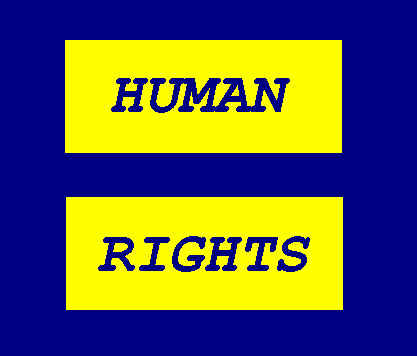 |
HOMELESSNESS |
 |
Homelessness.....
In my childhood no one talked about the homeless. In fact, the word "homeless" as a description for very poor people was never used. They were called hungry or needy, or they were winos or hobos, but never homeless. They, whoever and wherever they were, were rarely seen, and it was always assumed that someone else, probably a relative, would eventually take care of them. Years later, I was accosted by an angry panhandler. Like the rest of the crowd, I tried to ignore him. But for some reason he chose to follow me. We exchanged insults for a block as my pace quickened, and I half-expected him to produce a weapon of some sort. I escaped in the crowd, and he was left to torment someone else. The incident did nothing to arouse my concern for the homeless, but it did make me notice and avoid street beggars. And since nearly everyone else avoided them, too, I was certain the problem would simply go away. Homelessness is a problem that is not going away. There are more homeless this year than last, and the number keeps growing. Many homeless people actually work, but not where they prefer. They are relegated to minimum-wage jobs with few hours and no benefits. The cost of housing is high, so they have a choice: sleep under a bridge or fight for a spot in a shelter.
About 40 percent of the homeless are substance abusers, and this number is expected to increase as rehab programs dwindle. (Don't be so quick to pass judgement and say, "Serves them right. If they're gonna abuse drugs and alcohol, they belong on the streets." Let's not kid ourselves. If teenagers from good families and executives with bag jobs can succumb to alcohol and drugs, what can we expect from people who live on the streets?) Many of the homeless are mothers with children, and shelters are not always equipped to handle them. Tonight many thousands of children will find a place to sleep without a decent bad, shelter or roof. They will sleep in the trunks of old cars, and in parks where I wouldn't walk through in daylight, and in abandoned buildings in inner-city combat zones.
There is now a new and growing threat. Some cities are in the midst of an effort to criminalize homelessness. Attempts have been made to outlaw panhandling, sleeping on park benches and sidewalks, eating near fountains and leaving personal effects on public property. Some of these ill-advised ordinances have been struck down, so the cities selectively enforce existing laws. A panhandler may be charged with blocking pedestrian traffic or loitering. A wino sleeping in a park may be charged with public drunkenness. A homeless man relieves himself in an alley and he's charged with public exposure. Sweeps have become routine in some cities. The police target certain areas of a city. They remove those who are begging, or otherwise appear unsightly, and simply deposit them into another, less fashionable section of town. Or they arrest them and grind them through the overworked criminal-justice system.
Everyone has to be somewhere. The problem of homelessness is not solved by removing the victims from our view. The issue borders on the brink of hopelessness.
WHAT CAN BE DONE TO HELP THOSE HOMELESS PEOPLE?
| Ascent Foundation Homepage | Human Rights Index |
Thanks For
Visiting, Please Come Again!
~ Ascent
Foundation ~